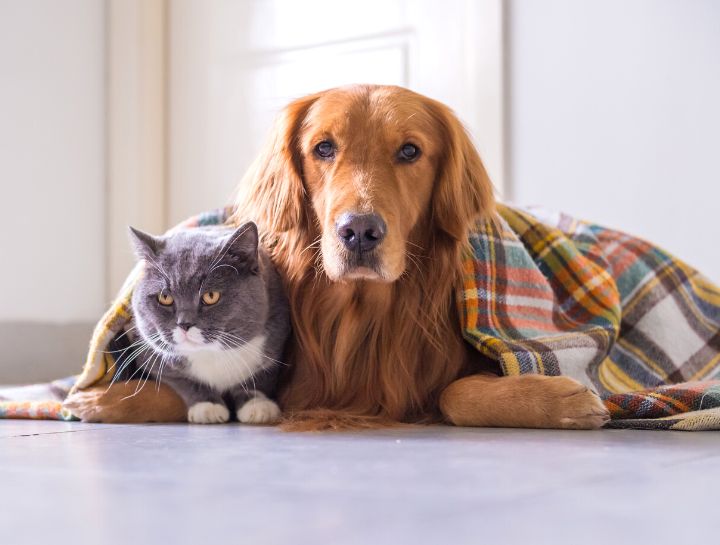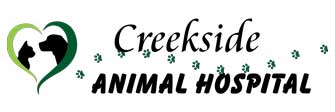Protecting Your Pet From Everyday Poisons and Dangers

The third full week of March is recognized as National Poison Prevention Week. But it is always a good time to review your pet’s environment for access to possible toxins. Dangerous hazards include everyday items that can harm your pets and are the most common pet toxins. Your pet’s safety begins with pet-proofing your home. This is essential when bringing a new pet home but is something that you always need to be aware of all the time. Protecting your pet from everyday poisons and dangers is a year-round task. Even if your pet is well-behaved and not especially nosey and curious, they can fall victim to the temptations of mischief and find themselves in danger from poisons and dietary indiscretion.
Everyday items that you need to keep away from your pets:
- Bleach and Other Household Cleaning Products – most of these products will cause illness if ingested, but many of them will cause permanent damage to internal organs and even liver and kidney failure. All cleaning products and household chemicals need to be kept out of your pet’s reach and behind a pet-proof cabinet that latches shut.
- Anti-freeze/Coolant for Automobiles– Anti-freeze/Coolant has an attractive smell and taste to animals. It is extremely toxic, and special care should always be taken when used at home. Keep it out of reach and clean up any spills and dribbles in your driveway or garage!
- Pesticides, Rodenticides, and Fertilizers – Spring is here, and that means outdoor activities and yard work. Keep all pesticides and fertilizers away from pets. Be sure to follow instructions for application and when you can allow your children and pets back into treated areas. Rat and mouse poison should never be used in the same environments as pets. Not only are the rodenticides used deadly to your cats and dogs, but the rodents who have ingested poisons are also!
- Toxic Foods – There are toxic to your pets. It is not just chocolate that can harm your pets. Xylitol is a common sweetener found in some brands of peanut butter, yogurt, toothpaste, and especially sugar-free gum! Onions, garlic, grapes, raisins, fatty food scraps, and unbaked bread dough are just a few foods that can lead to some major trouble if ingested by your pet. Keep foods out of reach and secure your trash cans with a lid and in an area where your pet has no access. The Pet Poison Hotline has a complete list of dangerous foods.
- Prescription and Over-the-Counter Medications – Keep your medicines, pain relievers, and vitamins out of your pet’s reach!! Anti-inflammatory drugs (i.e., ibuprofen and naproxen sodium), stimulant medication (i.e., ADD/ADHD medications) antidepressant medication are all harmful medications that pets are commonly exposed to and accidentally ingest.
- Plants, Flowers, and Landscaping Materials – There are hundreds of common houseplants that can be toxic if eaten. Azaleas, tulips, sago palms, oleander, and more are featured on the Pet Poison Helpline website. Be mindful of bouquets and flower arrangements that commonly have lilies and eucalyptus. Lilies are especially toxic to our feline fur babies.
What To Do If Your Pet Eats Something Toxic?
- Remove all pets from the area.
- Check to make sure your pet is acting normally.
- Make a note of what your pet has ingested and how much.
- Never induce vomiting without speaking to a veterinarian.
- Do not try any home remedies.
- Contact a veterinarian!*
*DURING BUSINESS HOURS- call us at 346-645-7246 and prepare to come in. If you can’t call…JUST COME!
*AFTER HOURS- you can go to the closest animal emergency hospital.
BluePearl Specialty and Emergency Pet Hospital
Remember to always keep your purse, backpack, briefcase, grocery, and shopping bags that have just been brought in from the car away from your pets!!!
Many everyday items can be hazards to your pets. And don’t forget to keep your pets away from items that you bring into the home that contain potential pet poisons at all times. When did you last evaluate your home for potential pet dangers? If you have any questions about what you can do to protect your furry family members, please feel free to email us at CreeksideFront@gmail.com or call us at (281) 351-8387
